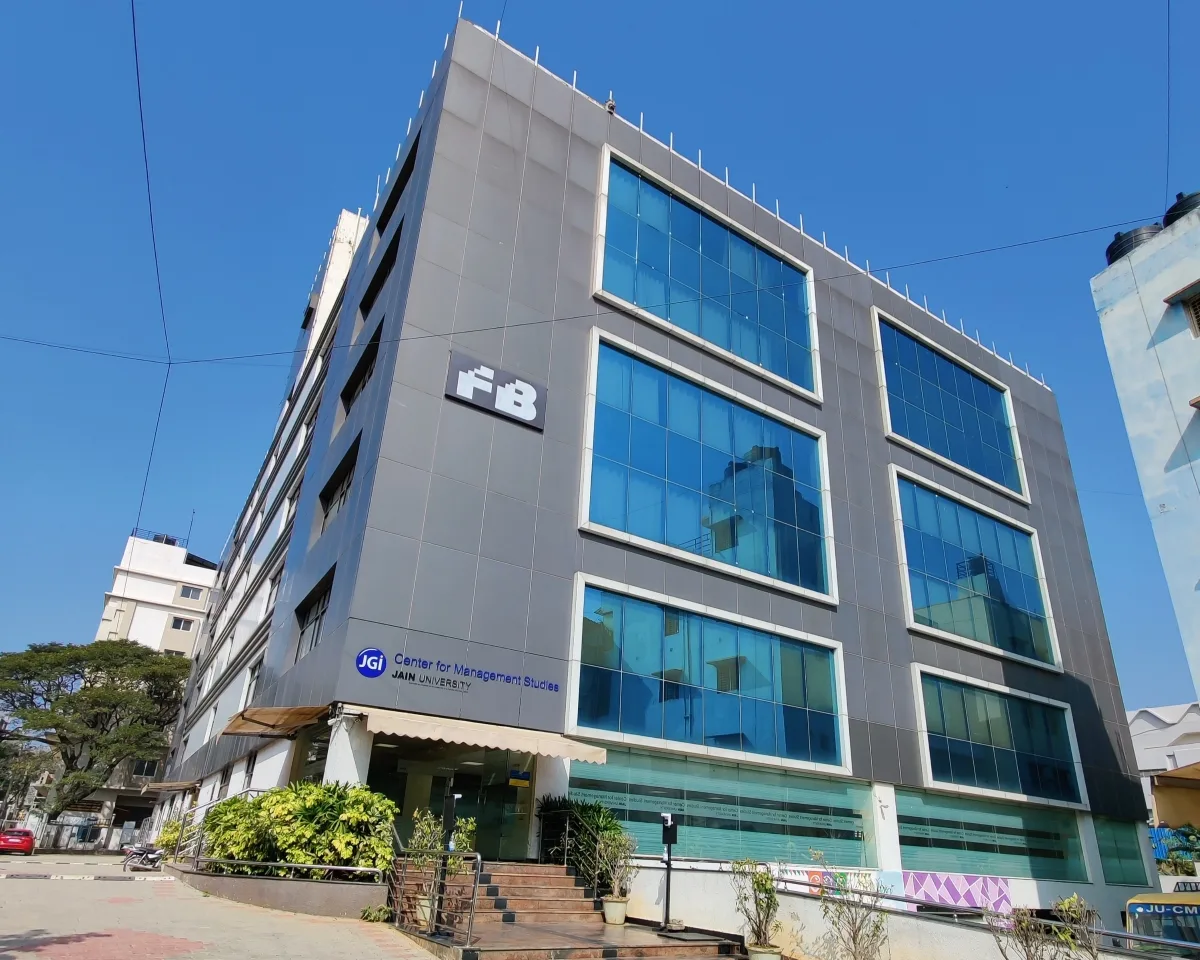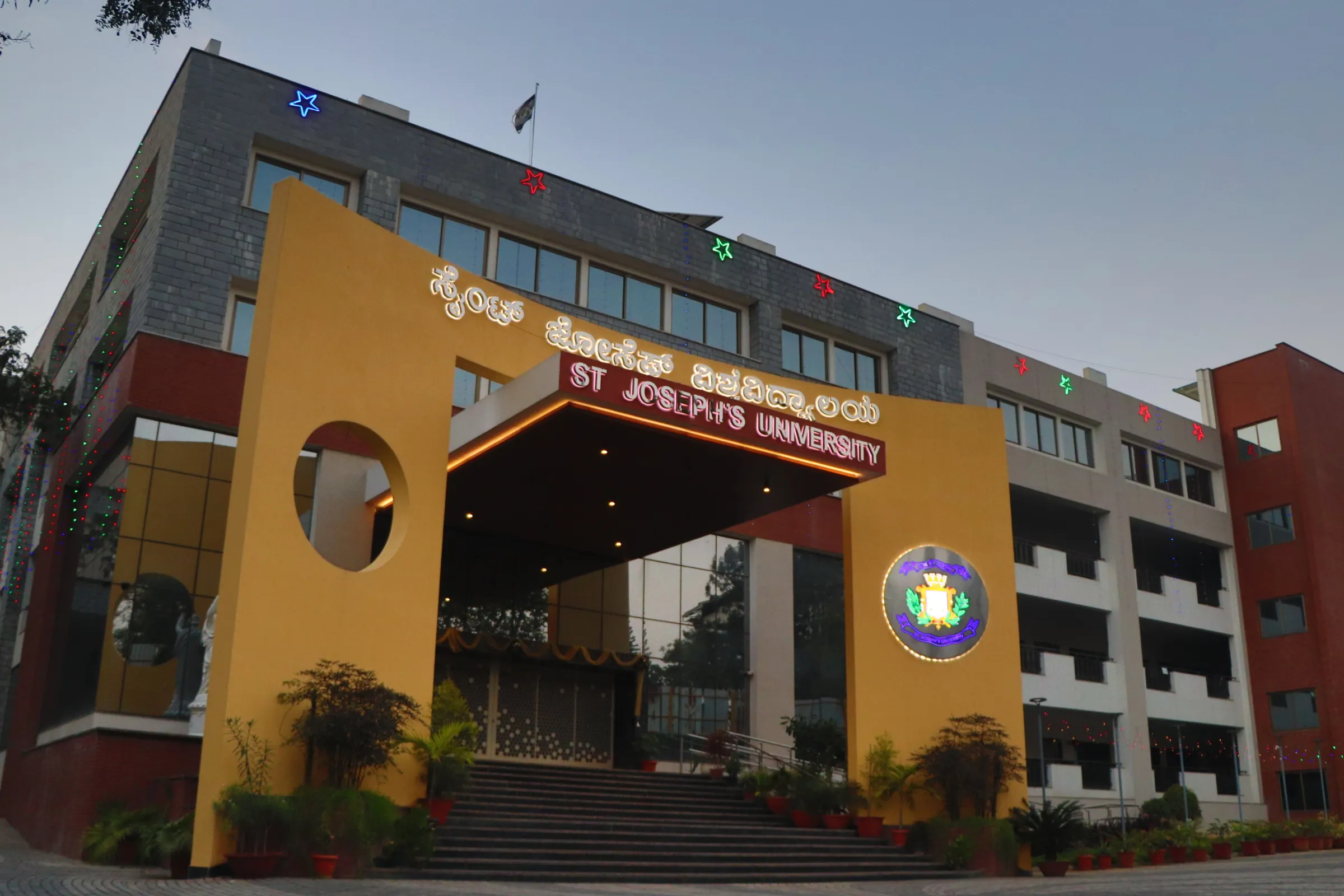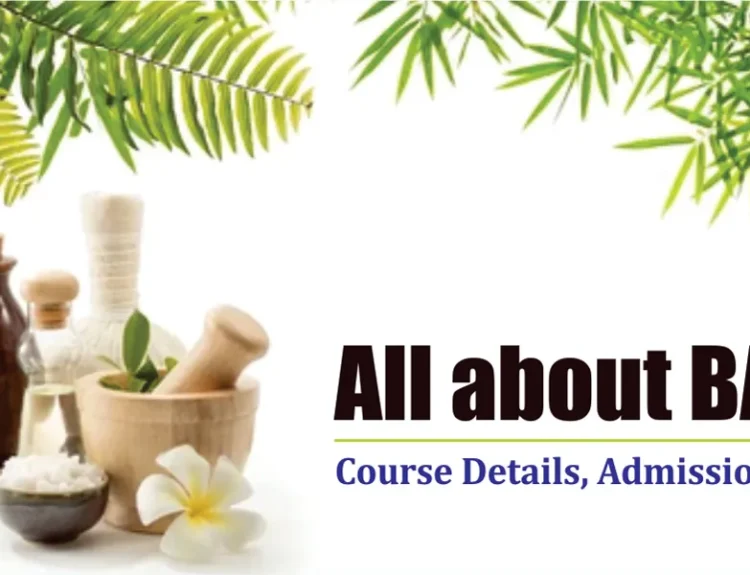Introduction
The Bachelor of Homeopathic Medicine and Surgery (BHMS) is a comprehensive degree program that focuses on the principles and practice of homeopathy. Homeopathy is an alternative medical system that uses highly diluted substances to stimulate the body’s self-healing mechanisms. This program aims to produce skilled homeopathic practitioners who can diagnose, treat, and prevent various health conditions using holistic approaches.
History and Evolution
The concept of homeopathy was developed in the late 18th century by Samuel Hahnemann, a German physician. Over the years, homeopathy has evolved into a widely practiced and accepted form of alternative medicine. The BHMS program has its roots in this rich history, integrating traditional homeopathic principles with modern medical science.
Course Structure
A BHMS program typically lasts five and a half years, including one year of compulsory internship. The curriculum is divided into three phases: pre-clinical, para-clinical, and clinical.
Pre-clinical Phase
- Anatomy: Study of human body structure.
- Physiology: Understanding body functions.
- Biochemistry: Chemical processes in the body.
Para-clinical Phase
- Pathology: Study of diseases and their effects.
- Microbiology: Study of microorganisms and their impact on health.
- Pharmacology: Study of drugs and their effects.
Clinical Phase
- Homeopathic Materia Medica: Study of homeopathic medicines.
- Organon of Medicine: Principles of homeopathy.
- Repertory: Index of homeopathic symptoms and remedies.
- Practice of Medicine: Diagnosis and treatment of diseases using homeopathy.
Admission Process
Eligibility Criteria
Candidates must have completed their higher secondary education with subjects like Biology, Chemistry, and Physics. A strong academic record and an interest in alternative medicine are essential.
Entrance Exams
Admission to BHMS programs often requires passing entrance exams such as the NEET (National Eligibility cum Entrance Test) in India. These exams assess the candidate’s knowledge and aptitude for homeopathic studies.
Application Procedure
The application process typically involves submitting academic transcripts, entrance exam scores, and sometimes letters of recommendation. Some institutions also conduct interviews to assess the applicant’s motivation and suitability for the program.
Top Medical Colleges In Bangalore
Specializations in BHMS
After completing the BHMS degree, homeopaths can choose to specialize in various fields, such as:
- Homeopathic Pediatrics: Focus on treating children.
- Homeopathic Psychiatry: Treatment of mental health conditions.
- Homeopathic Dermatology: Treatment of skin conditions.
- Homeopathic Gynecology: Focus on women’s health.
Skills Acquired During BHMS
BHMS students acquire a diverse set of skills, including:
- Diagnostic Skills: Ability to diagnose diseases using homeopathic principles.
- Therapeutic Skills: Proficiency in treating various conditions using homeopathic remedies.
- Research Skills: Conducting research to improve homeopathic practices.
- Communication Skills: Effectively communicating with patients.
Challenges Faced by BHMS Students
Academic Pressure
The BHMS program is rigorous, requiring students to master both traditional homeopathic principles and modern medical science. This can lead to significant academic pressure.
Skepticism and Acceptance
Homeopathy often faces skepticism from the mainstream medical community. BHMS students and graduates may encounter challenges in gaining acceptance and recognition for their work.
Opportunities After BHMS
Higher Studies
Many BHMS graduates opt for further studies to specialize in a particular field. Postgraduate options include MD (Homeopathy), various diplomas, and fellowships.
Career Options
Career opportunities for BHMS graduates are vast and varied. They can work in homeopathic clinics, hospitals, academic institutions, research centers, or pursue roles in public health. Some also venture into homeopathic product manufacturing and healthcare management.
Salary Expectations
Average Salary Range
The salary of a BHMS graduate varies depending on their specialization, experience, and location. On average, a fresh BHMS graduate can expect a salary ranging from $30,000 to $60,000 per year. With experience and specialization, this figure can significantly increase.
Factors Influencing Salary
Factors such as the healthcare facility, geographic location, and demand for specific specializations can influence salary levels. Homeopaths working in metropolitan areas or specialized clinics often earn higher salaries.
Global Recognition and Opportunities
Recognition of BHMS Worldwide
A BHMS degree from a reputable institution is recognized in many countries, allowing homeopaths to practice internationally after meeting local licensing requirements. This global recognition opens up numerous opportunities for career growth and advancement.
Working Abroad
BHMS graduates have the opportunity to work abroad, often in countries with a significant demand for alternative medicine practitioners. Working abroad can offer better career prospects, higher salaries, and exposure to different healthcare systems.
BHMS vs Other Medical Degrees
Comparison with MBBS and Other Medical Degrees
While BHMS focuses on homeopathy, MBBS (Bachelor of Medicine, Bachelor of Surgery) focuses on allopathic medicine. Both degrees have different philosophies and approaches to treatment but aim to improve patient health and well-being.
Impact of Technology on BHMS
Role of Technology in Homeopathic Education
Technology has revolutionized homeopathic education, with innovations like digital repertories, online databases, and virtual simulations enhancing the learning experience. These tools provide students with interactive and immersive learning opportunities.
Future Trends
Future trends in homeopathic education include the integration of artificial intelligence, telemedicine, and personalized homeopathic treatments. These advancements aim to produce highly skilled and adaptable homeopathic practitioners.
Case Studies
Success Stories of BHMS Graduates
Numerous BHMS graduates have made significant contributions to the field of homeopathy. For instance, Dr. Batra’s Homeopathy has gained international recognition for its effective treatments and holistic approach. Such success stories inspire and motivate aspiring homeopaths.
Conclusion
In conclusion, the BHMS degree is a gateway to a rewarding and impactful career in homeopathy. It provides comprehensive training, equipping students with the knowledge and skills required to excel in the field of alternative medicine. Despite the challenges, the opportunities for personal and professional growth are immense, making BHMS a highly respected and valued qualification.
FAQs
1. What is the duration of a BHMS program? The BHMS program typically lasts five and a half years, including one year of compulsory internship.
2. What are the career options after completing BHMS? BHMS graduates can pursue careers in clinical practice, research, teaching, homeopathic product manufacturing, healthcare administration, and public health, among others.
3. How does BHMS differ from other medical degrees? BHMS focuses on homeopathic medicine, while degrees like MBBS focus on allopathic medicine. Each has a different philosophy and approach to treatment.
4. What are the challenges faced by BHMS students? BHMS students often face academic pressure and skepticism from the mainstream medical community. Maintaining a healthy work-life balance and gaining acceptance can be challenging.
5. Is BHMS recognized globally? Yes, a BHMS degree from a reputable institution is recognized in many countries, allowing graduates to practice internationally after meeting local licensing requirements.c
















